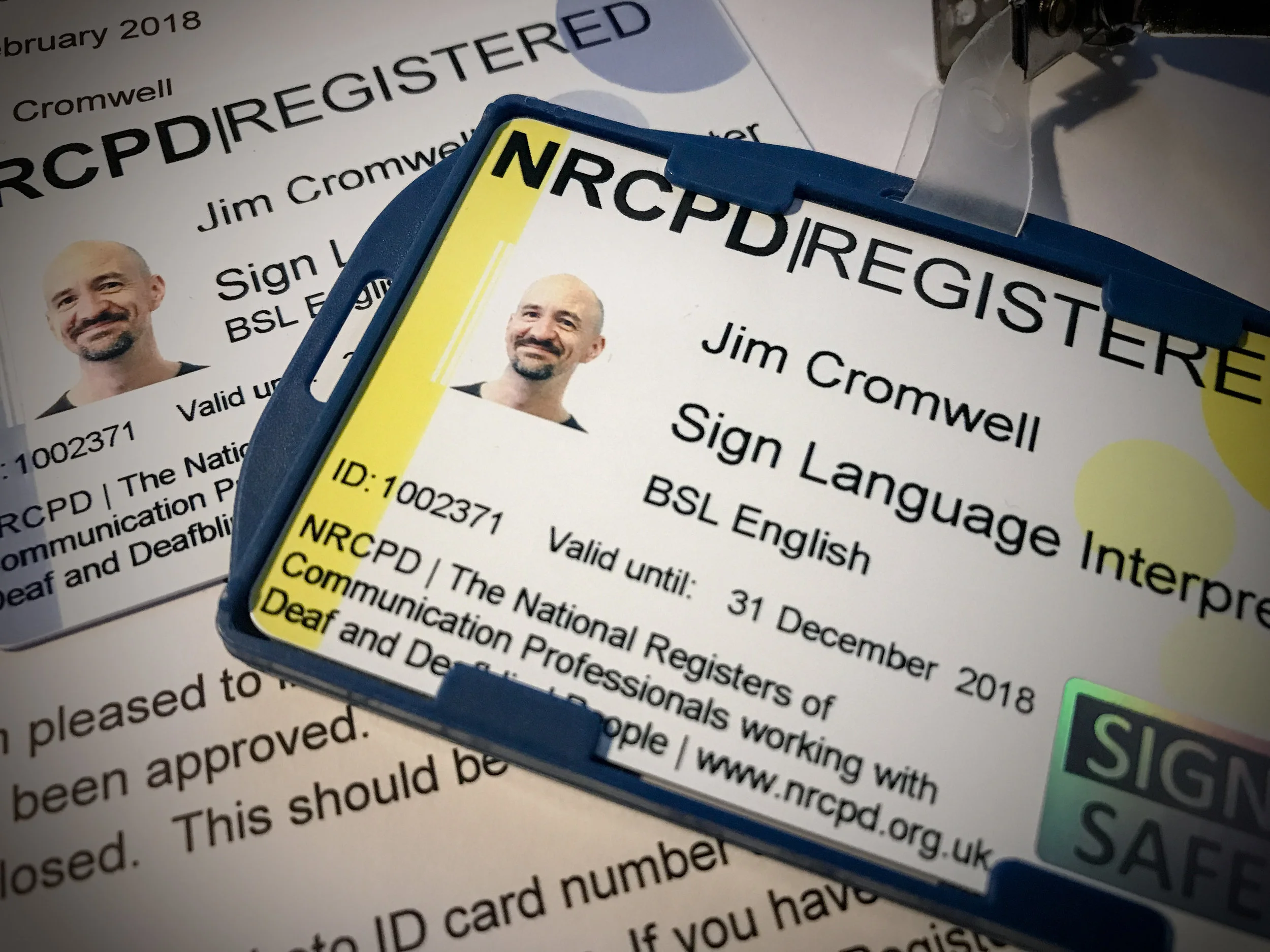I was forwarded this today:
New Family Court rules - Vulnerable persons: participation in proceedings and giving evidence
These new rules, The Family Procedure (Amendment No.3) Rules 2017, and Practice Direction 3AA, came into effect on Monday, 27 November 2017. They set out a court's duty to consider how a party can participate in the proceedings (other than by way of giving evidence) and how a party or a witness can best give evidence.
Previously, these matters were pretty much left to the discretion of individual judges and how much effort was made by the lawyers (on both sides) to identify vulnerability and to adapt procedures to enable the person to participate fully and to give their best evidence.
Now, all courts are required to think about these matters, so the lawyers (on both sides) will have to apply their minds to the issues at the earliest stage. The court can then make Participation Directions and adjust things such as the structure and timing of the hearing, the formality of the language to be used, the way in which cross-examination takes place etc. Good news!
The Rules and Practice Direction can be found here
http://www.legislation.gov.uk/uksi/2017/1033/made/data.pdf
https://www.justice.gov.uk/courts/procedure-rules/family/practice_directions/practice-direction-3aa-vulnerable-persons-participation-in-proceedings-and-giving-evidence
The ruling applies to "vulnerable" people, but I think the ruling can be applied to Deaf BSL users in court - see the definitions in paragraph 3A.7. part b) i) - who might not consider themselves, or be considered to be "vulnerable" beyond the requirement for appropriate interpreter support.
Of course it definitely applies to vulnerable Deaf people for whom appropriate interpreter support may be necessary but not sufficient for true access to the proceedings.
I am not a lawyer, but this is definitely one to watch.




